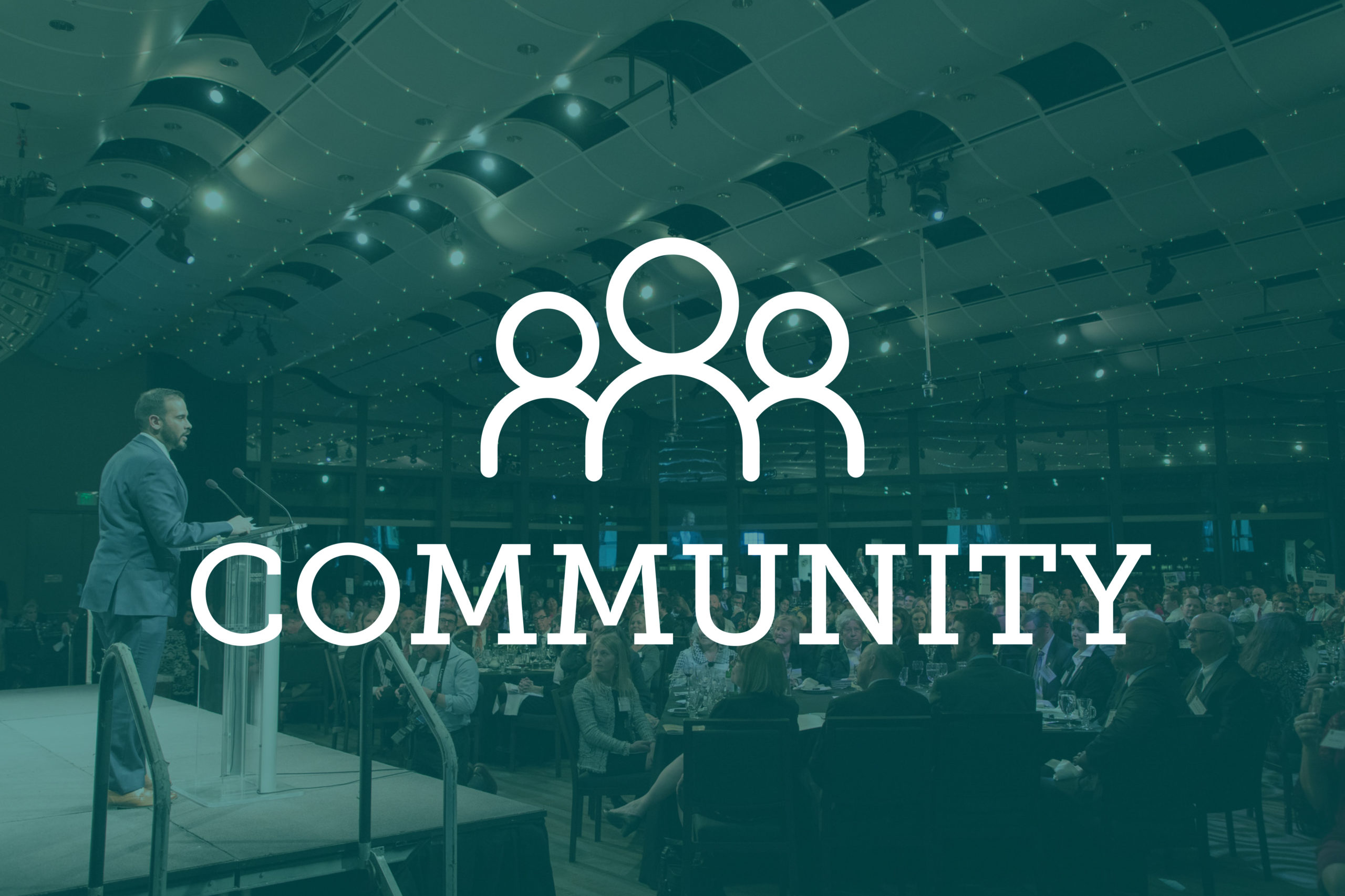

A new program to Colorado is helping lawyers get back on their feet after a crisis.
The Colorado Bar Association, working closely with Wheeler Trigg O’Donnell partner LaMar Jost, announced last week that it has launched Support of Lawyers/Legal Personnel — All Concern Encouraged. The program is referred to simply as SOLACE, something it hopes to offer those in the legal industry who have fallen on hard times.
The program fills a gap in the idea of attorney wellness by offering support to lawyers and other legal professionals who need some outside help but not with mental health issues or substance abuse.
SOLACE is designed to address needs ranging from medical conditions to catastrophic events in a legal professional’s life. Specific situations could range from a paralegal with a serious illness or a judge whose home was consumed in a wildfire.
Jost stressed that this program is not only intended for lawyers and that it is not designed to only address a particular type of need, though the program’s leaders have discretion in whether a particular event fits the scope of SOLACE’s help.
The program itself involves Jost as chair and a soon-to-be-filled committee of two to three other CBA member attorneys from around the state.
Jost said he’s hoping to build the committee with members from outside of Denver in order to reach professionals across Colorado.
Once someone from SOLACE’s committee is contacted about a need, they act as the intermediary with the CBA. They send out the message to CBA members who don’t opt-out of the messages and rally volunteers in whatever method is needed — according to an announcement about the program, that might involve donating gift cards, meals or blood, helping around the home, running errands, providing transportation or facilitating child care among other things.
“CBA members are so concerned for the welfare of all in the legal community. Especially in Colorado, I think, the bar association is a family,” CBA president Dick Gast said. “SOLACE is as powerful for the help it provides those in need as it is for the opportunities it creates for CBA members to do something when one of our own is down.”
The program, currently up and running though not yet fully staffed, has already been used to help a member of the Colorado community who was diagnosed with a serious illness.
The individual was brought to the CBA’s attention through a referral from someone else — at that time SOLACE was just getting started and neither person was aware of the program. Jost said he talked with the referring individual who put him in contact with the person in need, and after a few conversations to find out what the specific need was, he put the message out to the CBA members who were able to help in a matter of weeks.
He expects the process to remain similar to that and for help to be offered quickly. Once someone at SOLACE learns that someone is looking for help, it only takes a conversation to get things started.
Jost also pointed out that confidentiality is important to SOLACE and that the program is not a prayer group and does not solicit monetary contributions. Its purpose is simply to connect people who want to help with people who need help.
“That’s a void that exists and that I think people want to fill,” Jost said. “I believe people in the legal community are good at solving problems and want to help, but they’re not good at asking for help themselves.”
The program has already been successfully implemented in other states such as Louisiana, Georgia and Wyoming. It started in Louisiana in 2002 when a federal judge offered help to a New Orleans attorney whose wife was ill. According to a 2015 article in The Federal Lawyer, that act of offering a hand sparked the idea of a network of attorneys who could help others in times of need.
The Louisiana Bar Association now reports that the SOLACE network includes more than 7,500 people offering help and has assisted more than 1,000 individuals in Louisiana since it was created.
Since it’s start, it has expanded to include chapters in Alaska, Delaware, Georgia, Iowa, Massachusetts, Nebraska, Nevada, New Hampshire, New York, Ohio, Rhode Island, Texas and Washington, DC. Gast said it is time for the program to reach Colorado.
“There are a lot of programs that exist for lawyers if there is substance abuse problems or mental health problems, but there is no program in Colorado that is designed to help everyone in the legal community without some strictures on it,” Jost said. “I think the great thing about the SOLACE program is that it’s designed to help everyone in the legal community.”
For Jost, the program was a logical next step in his commitment to community service. He volunteered for several years with the Colfax Community Network to serve impoverished families who fell between the cracks when it came to government assistance, provided help and support to suicide prevention and mental health groups after his sister committed suicide, raised over $20,000 for various small charitable organizations through self-started fundraisers at WTO and has spent time sitting with families and babies in the Neonatal Intensive Care Unit, to which he also has a personal connection.
Jost’s personal experiences drove him to launch SOLACE in Colorado. He encourages volunteers in the legal profession to find their own meaningful ways to help legal professionals in need.
— Tony Flesor

